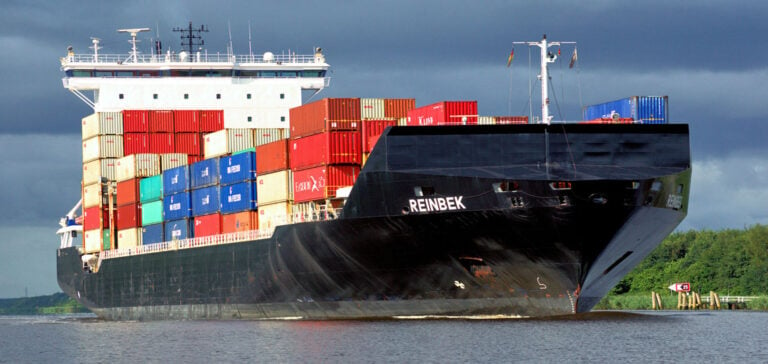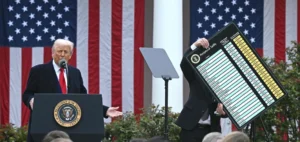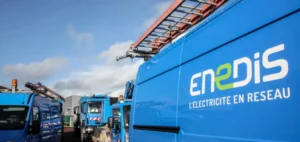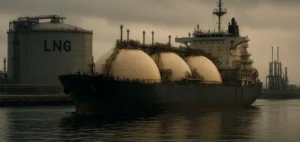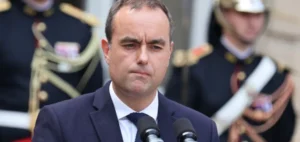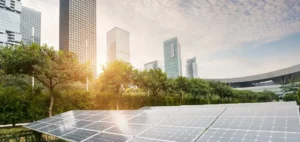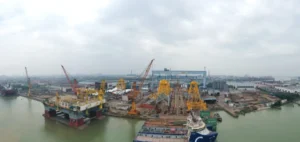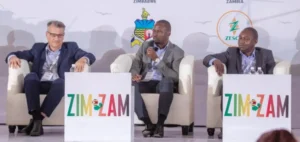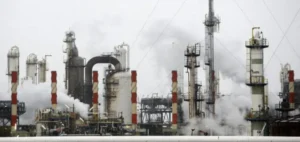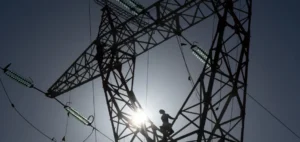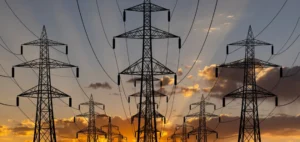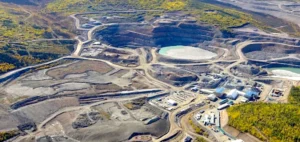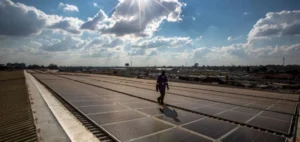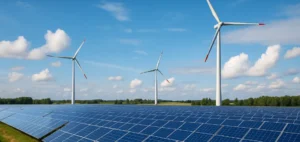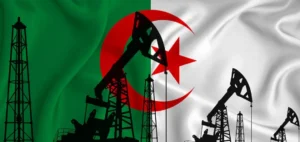A Russian telecommunications cable was damaged in the Baltic Sea last October, according to the Finnish authorities. Specifically, Rostelecom’s Baltika telecommunications cable, which stretches some 1,000 kilometers between St. Petersburg and the Kaliningrad enclave. Damage to the cable necessitated urgent repairs to maintain telecommunications services in the region.
Repairs underway in the Gulf of Finland
The Finnish Ministry of the Economy announced that the Russian salvage vessel Spasatel Karev had begun repair operations in the Gulf of Finland on November 6. This announcement comes after Rostelecom, the Russian cable operator, informed the Finnish Ministry of the incident on October 12, five days after the “Balticconnector” gas pipeline linking Finland to Estonia was shut down due to damage caused by an anchor, which was recovered and identified as belonging to a Chinese vessel.
Investigation into damage to the “Balticconnector” gas pipeline
Finnish authorities are working with Beijing to determine the role of the Hong Kong-flagged vessel, the “Newnew Polar Bear”, whose movements coincided with the time and place where the pipeline was damaged, according to Finnish police.
Similar incidents in the Baltic Sea region
In October, a submarine telecommunications cable between Sweden and Estonia was also damaged, according to the Swedish Ministry of Defense. It’s important to note that the previous year, in September 2022, huge gas leaks and underwater explosions had affected the Nord Stream 1 and 2 pipelines, which carried most of Russia’s gas to Europe. Responsibility for these sabotage incidents has not yet been established.
The Baltic Sea is the scene of a number of incidents involving subsea infrastructure, raising concerns about the safety of these crucial installations. Ongoing investigations will seek to determine the exact circumstances of the damage and to bring those responsible to account.


